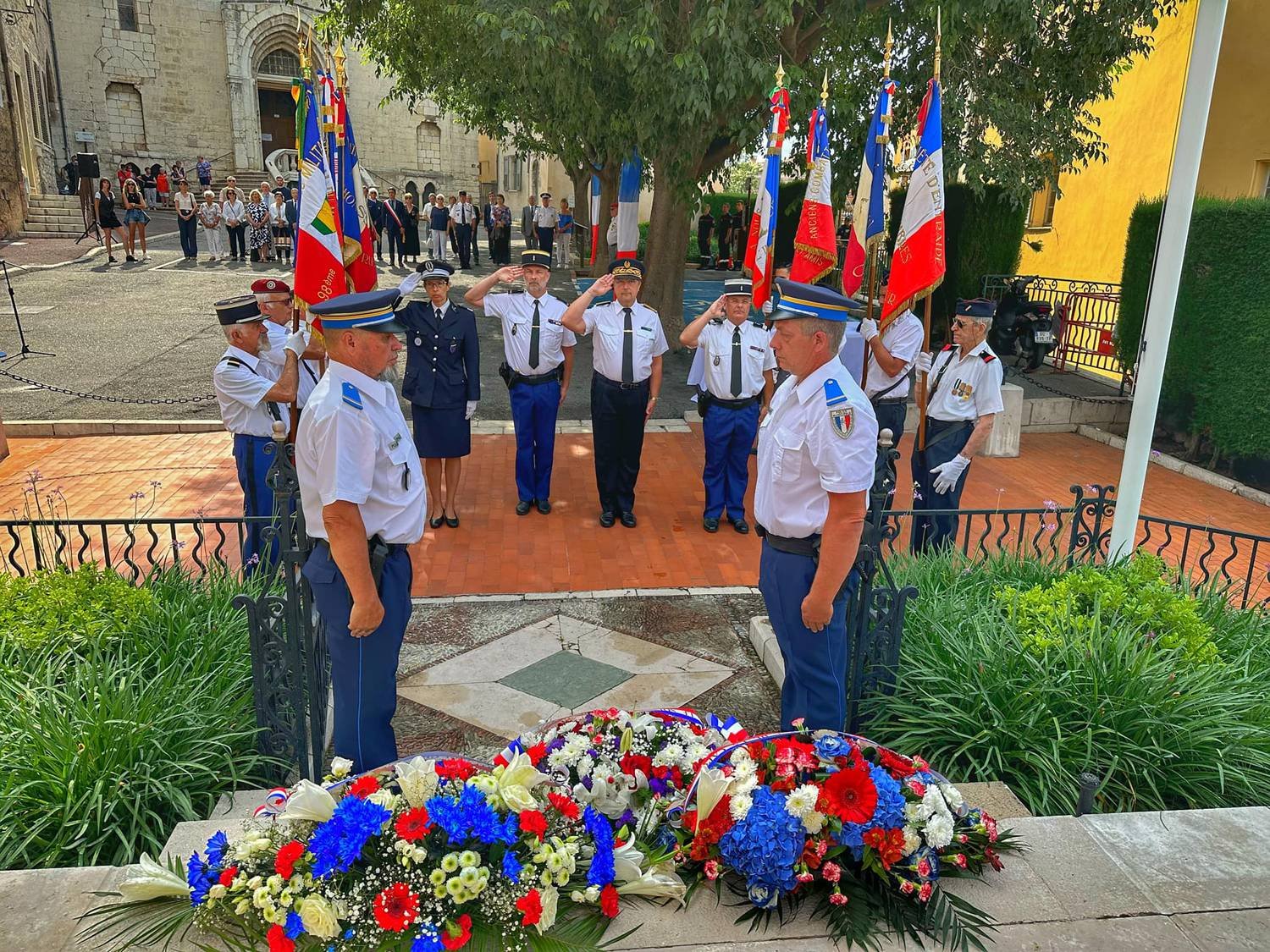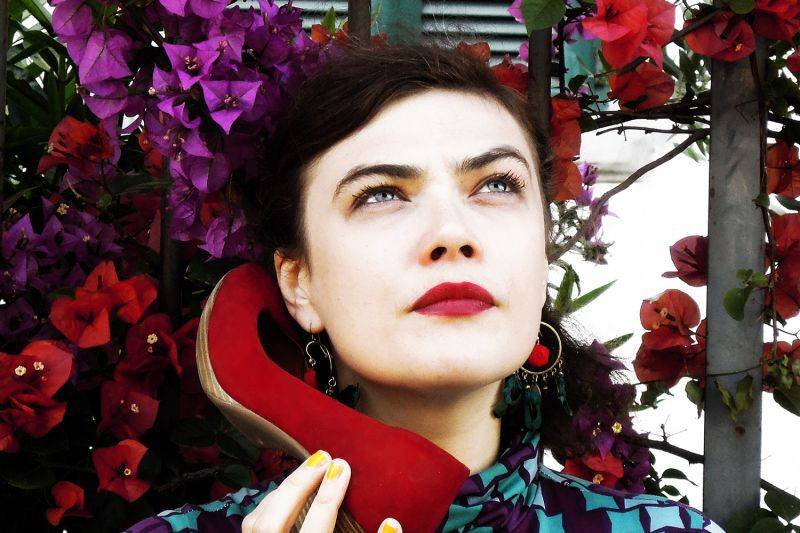12 août 1737, Naissance d’Antoine Parmentier.
août 12, 2025 | by Jean-Claude JUNIN
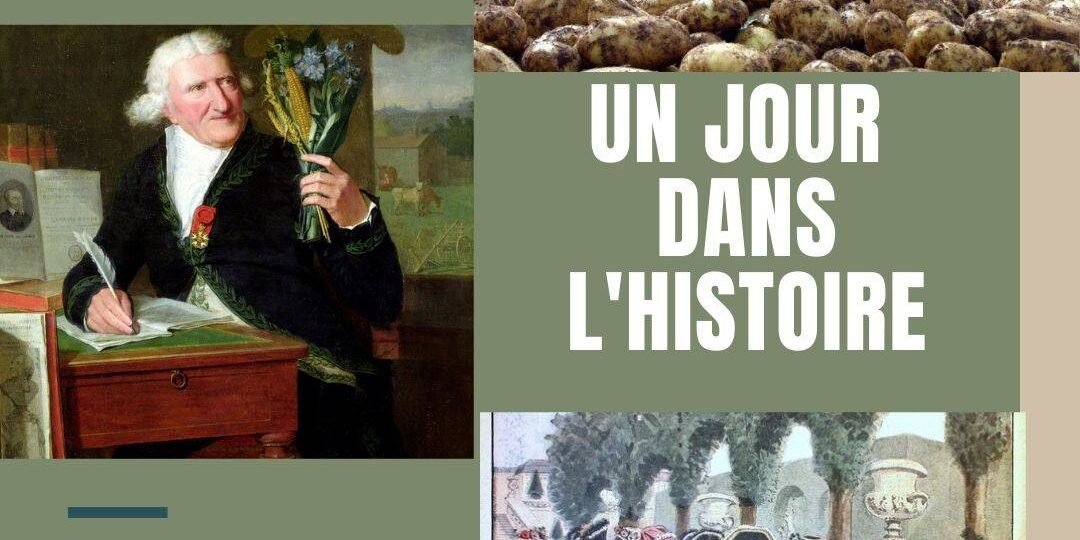
12 août 1737 Naissance d’Antoine Parmentier.
Pharmacien militaire, agronome, nutritionniste et hygiéniste français. Précurseur de la chimie alimentaire et de l’agrobiologie, il est surtout connu pour son action de promotion en faveur de la consommation de la pomme de terre dans l’alimentation humaine, mais aussi pour ses travaux sur l’hygiène alimentaire, l’utilisation de nouveaux aliments durant les fréquentes périodes de famine et comme pharmacien militaire. Il entre en 1750 à Montdidier comme commis à la pharmacie Frison qui vient d’être reprise par un lointain cousin, Paul-Félix Lendormy, cet apothicaire le formant à la pharmacie. En 1755, recommandé par Lendormy, il devient apprenti à la pharmacie Simmonet, rue Croix-des-Petits-Champs à Paris et est logé chez son maître d’apprentissage Jean-Antoine Simonnet, Picard comme lui.
August 12, 1737 Birth of Antoine Parmentier.
French military pharmacist, agronomist, nutritionist and hygienist. A pioneer in food chemistry and agrobiology, he is best known for his action to promote the consumption of potatoes in human food, but also for his work on food hygiene, the use new foods during frequent times of famine and as a military pharmacist. He entered Montdidier in 1750 as a clerk at the Frison pharmacy which had just been taken over by a distant cousin, Paul-Félix Lendormy, this apothecary training him in pharmacy. In 1755, recommended by Lendormy, he became an apprentice at the Simmonet pharmacy, rue Croix-des-Petits-Champs in Paris and was lodged with his apprentice master Jean-Antoine Simonnet, Picard like him.
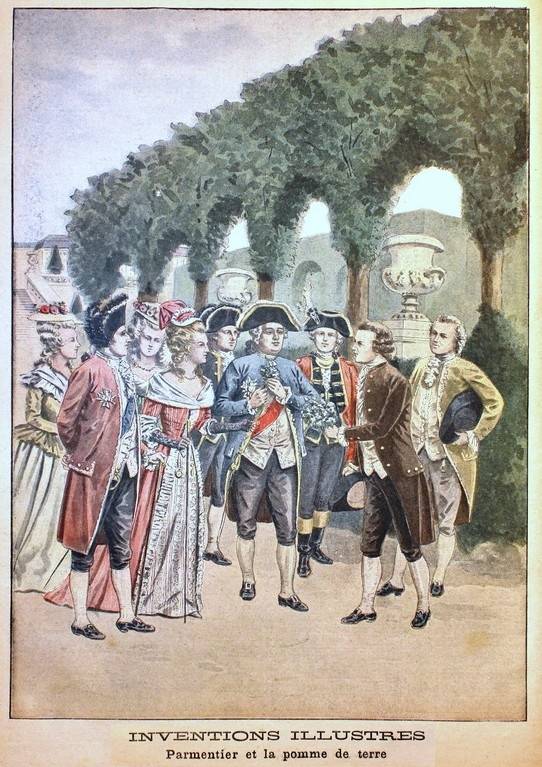
N’ayant pas les ressources pour ouvrir sa propre officine, il décide de s’enrôler dans l’armée qui a besoin d’apothicaires. En 1763, de retour à Paris, il suit les cours de physique de l’abbé Nollet dont il devient le préparateur, de chimie de Rouelle et de botanique de Jussieu. Le 16 octobre 1766, il emporte au concours la place d’apothicaire adjoint de l’hôtel des Invalides. Il reçoit son brevet d’apothicaire-major de la pharmacie des Invalides le 18 juillet 1772. Il passe sa maîtrise d’apothicaire gagnant-maîtrise le 28 mai 1774. Cependant, un conflit naît avec les « sœurs grises » (nom des Filles de la Charité) qui veulent garder leurs prérogatives dans la gestion de l’infirmerie et de l’apothicairerie des Invalides. Voulant probablement sortir de cette impasse, Parmentier remet sa charge d’apothicaire-major le 29 juillet 1774. En contrepartie, Louis XVI fait de Parmentier un pensionnaire du roi aux Invalides. Il y garde gratuitement un appartement et peut désormais se consacrer entièrement à ses recherches. Sa sœur Marie-Suzanne (14 avril 1736-10 décembre 1809) devenue veuve s’installe avec lui dans cet appartement, « à charge pour elle de tenir la maison, d’assurer le secrétariat, de participer aux recherches », les deux formant dès lors un duo indissociable.
Not having the resources to open his own pharmacy, he decided to enlist in the army which needed apothecaries. In 1763, back in Paris, he took lessons in physics from the Abbé Nollet, of whom he became the trainer, in chemistry from Rouelle and in botany from Jussieu. On October 16, 1766, he won the competition for the place of assistant apothecary at the Hôtel des Invalides. He received his patent of apothecary-major of the pharmacy of the Invalides on July 18, 1772. He passed his master’s degree in winning apothecary-master’s degree on May 28, 1774. However, a conflict arose with the « grey sisters » (name of the Daughters of Charity) who want to keep their prerogatives in the management of the infirmary and the apothecary of the Invalides. Probably wanting to get out of this impasse, Parmentier handed over his position as apothecary-major on July 29, 1774. In return, Louis XVI made Parmentier a pensionnaire of the king at the Invalides. He keeps an apartment there for free and can now devote himself entirely to his research. His sister Marie-Suzanne (April 14, 1736-December 10, 1809), who had become a widow, moved in with him in this apartment, « for her to take care of the house, to ensure the secretarial work, to participate in research », the two forming therefore an inseparable duo.
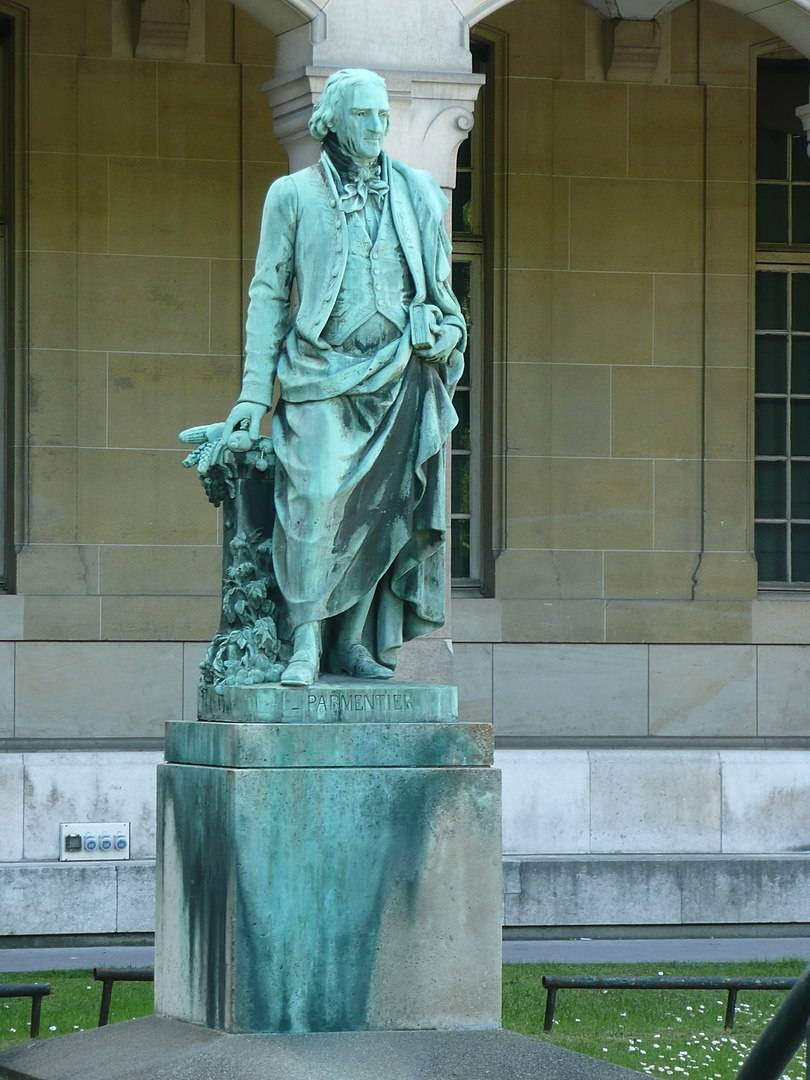
À la suite des famines survenues en France en 1769 et 1770, l’académie de Besançon propose en 1771, pour sujet de son prix, l’indication des substances alimentaires qui pourraient atténuer les calamités d’une disette. Parmentier établit, dans un Mémoire qui est couronné, qu’il était facile d’extraire de l’amidon d’un grand nombre de plantes, un principe nutritif plus ou moins abondant. À l’issue de la publication de son mémoire, l’Académie des Sciences, des Belles-Lettres et des Arts le récompense, malgré une interdiction du Parlement de cultiver la pomme de terre datant de 1748. Il poursuit sa « croisade parmentière » en obtenant du gouvernement deux arpents de terres dans la plaine des Sablons, champ militaire réputé incultivable, pour planter des tubercules de pomme de terre le 14 mai 1786. Faisant un bouquet de quelques-unes de celles-ci, il le présente à Versailles en compagnie du botaniste Philippe Victoire Levêque de Vilmorin le 24 août 1786, veille de la fête de saint Louis, au roi Louis XVI, qui place de suite une fleur à sa boutonnière et une dans la perruque de Marie-Antoinette. L’exemple du monarque (qui rend hommage au savant en déclarant « La France vous remerciera un jour d’avoir trouvé le pain des pauvres ») entraîne les courtisans et ceux-ci le reste de la France.
Following the famines which occurred in France in 1769 and 1770, the academy of Besançon proposed in 1771, as the subject of its price, the indication of the food substances which could attenuate the calamities of a famine. Parmentier establishes, in a Memoir which is crowned, that it was easy to extract from the starch of a large number of plants, a more or less abundant nutritive principle. Following the publication of his dissertation, the Academy of Sciences, Belles-Lettres and Arts rewarded him, despite a ban by Parliament on cultivating potatoes dating from 1748. He continued his « parmentière crusade » in obtaining from the government two arpents of land in the plain of Sablons, a military field reputed to be uncultivable, to plant potato tubers on May 14, 1786. Making a bouquet of some of these, he presented it to Versailles in the company of from the botanist Philippe Victoire Levêque de Vilmorin on August 24, 1786, the eve of the feast of Saint Louis, to King Louis XVI, who immediately placed a flower in his buttonhole and one in Marie-Antoinette’s wig. The example of the monarch (who paid homage to the scholar by declaring “France will thank you one day for having found the bread of the poor”) carried away the courtiers and these the rest of France.
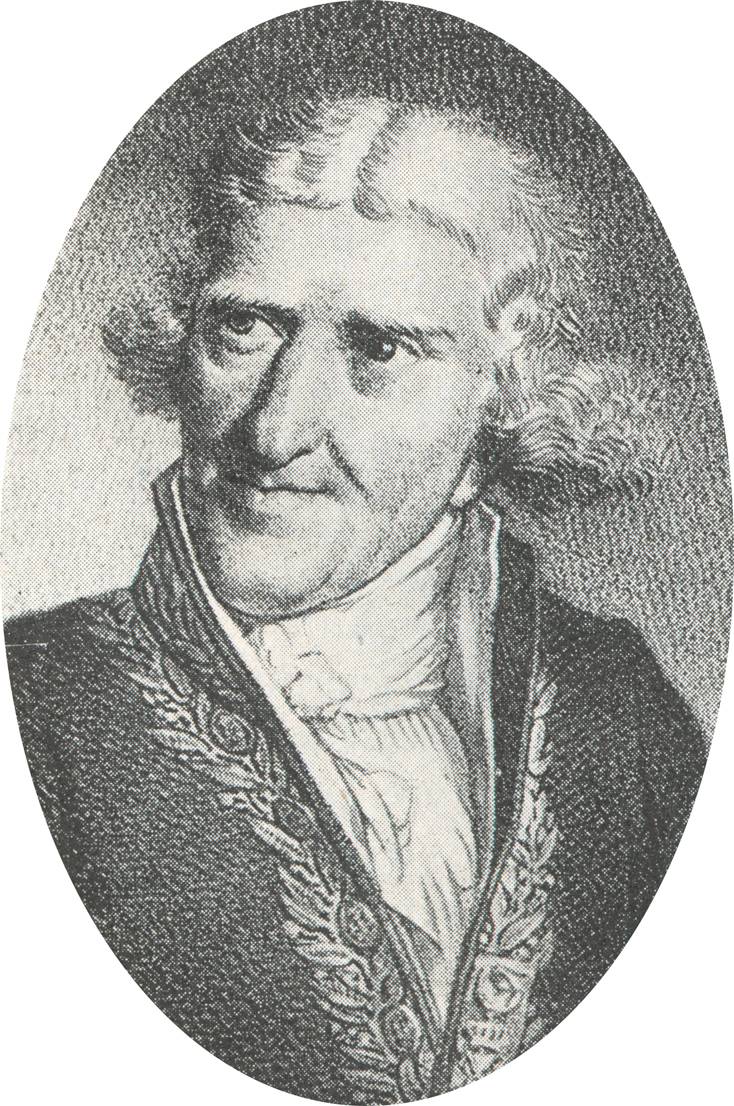
Cependant certains se méfient encore, et Parmentier, selon la légende, utilise alors un stratagème pour vaincre les réticences : il fait garder le champ de la plaine des Sablons par des hommes en armes le jour, mais pas la nuit. La garde du champ augmente la valeur de la culture aux yeux du peuple parisien qui croit qu’il s’agit d’un mets de choix réservé à la table du roi et des plus hauts seigneurs et, la nuit, les vols de tubercules sont aisés. Le peuple parisien en profite donc pour « voler » des tubercules et la consommation se serait alors répandue. En 1796, il est porté sur la liste de l’Institut, formé par le nouveau Directoire. Il est appelé sous le Consulat à la présidence du Conseil de salubrité du département de la Seine et à la place d’inspecteur général des Hospices et du service de santé (1805 et 1809) ; il rédige un Code pharmaceutique (3e éd. en 1807). La Société d’agriculture l’envoie en Angleterre avec Jean-Baptiste Huzard pour rouvrir les communications scientifiques entre les deux pays.
However, some were still suspicious, and Parmentier, according to legend, then used a stratagem to overcome reluctance: he had the field of the Sablons plain guarded by armed men during the day, but not at night. Guarding the field increases the value of the crop in the eyes of the Parisian people who believe that it is a delicacy reserved for the table of the king and the highest lords and, at night, the thefts of tubers are affluent. The Parisian people therefore took advantage of this to “steal” tubers and consumption would then have spread. In 1796, he was put on the list of the Institute, formed by the new Directory. He was called under the Consulate to the presidency of the Health Council of the Seine department and to the place of Inspector General of the Hospices and the health service (1805 and 1809); he wrote a Pharmaceutical Code (3rd ed. in 1807). The Agricultural Society sent him to England with Jean-Baptiste Huzard to reopen scientific communications between the two countries.
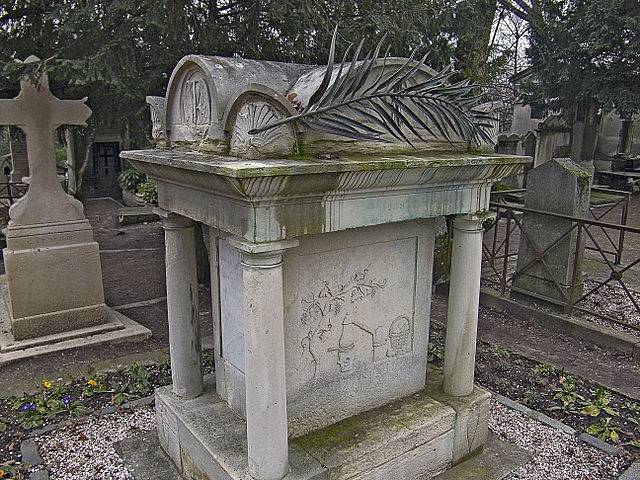
Inspecteur général du service de santé de 1796 à 1813, il fait adopter la vaccination antivariolique par l’armée et s’occupe des conditions d’hygiène sur les navires de la Marine. Il est l’un des créateurs de l’École de boulangerie en France en 1800.
Il est pharmacien en chef de l’Armée des Côtes de l’Océan en 1803. Il devient le premier président de la Société de pharmacie de Paris, dès sa fondation en 1803, il la préside en 1804, 1807 et 1810.
Trop jeune pour participer à l’aventure des encyclopédistes et trop vieux pour prendre part au début du xixe siècle à la révolution des sciences, notamment à l’expédition scientifique de la campagne d’Égypte, Parmentier est cependant un scientifique à l’œuvre remarquable par sa diversité. Il participe, en outre, à la vie sociale en collaborant aux textes sur la réforme agraire, sources du code rural, proposés par la Société d’Agriculture à l’Assemblée nationale. Il est membre de la Société d’Agriculture de Paris en 1773. Il est élu à l’Académie des sciences le 13 décembre 1795 dans la section d’économie rurale.
Inspector general of the health service from 1796 to 1813, he had smallpox vaccination adopted by the army and took care of hygiene conditions on Navy ships. He is one of the creators of the School of Baking in France in 1800.
He was chief pharmacist of the Army of the Coasts of the Ocean in 1803. He became the first president of the Paris Pharmacy Society, from its foundation in 1803, he chaired it in 1804, 1807 and 1810.
Too young to take part in the adventure of the encyclopaedists and too old to take part at the beginning of the 19th century in the revolution of science, in particular in the scientific expedition of the Egyptian campaign, Parmentier is nevertheless a scientist with a remarkable work. by its diversity. It also participates in social life by collaborating on texts on agrarian reform, sources of the rural code, proposed by the Agricultural Society to the National Assembly. He was a member of the Paris Agricultural Society in 1773. He was elected to the Academy of Sciences on December 13, 1795 in the section of rural economy.
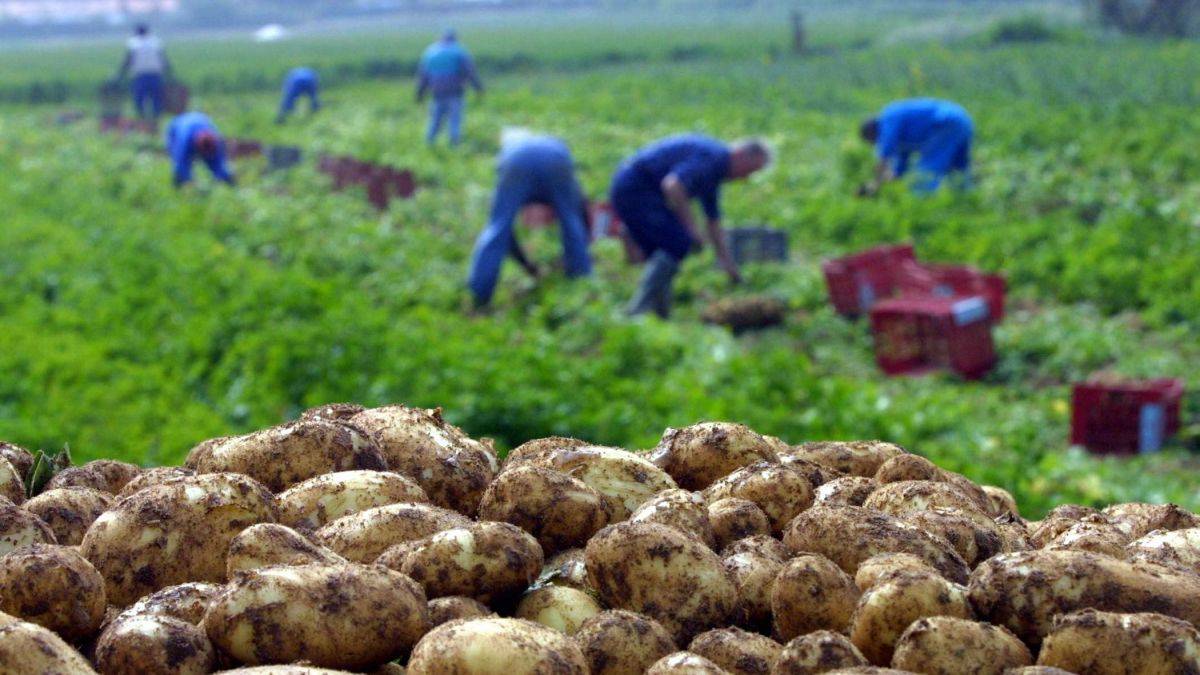

RELATED POSTS
View all
